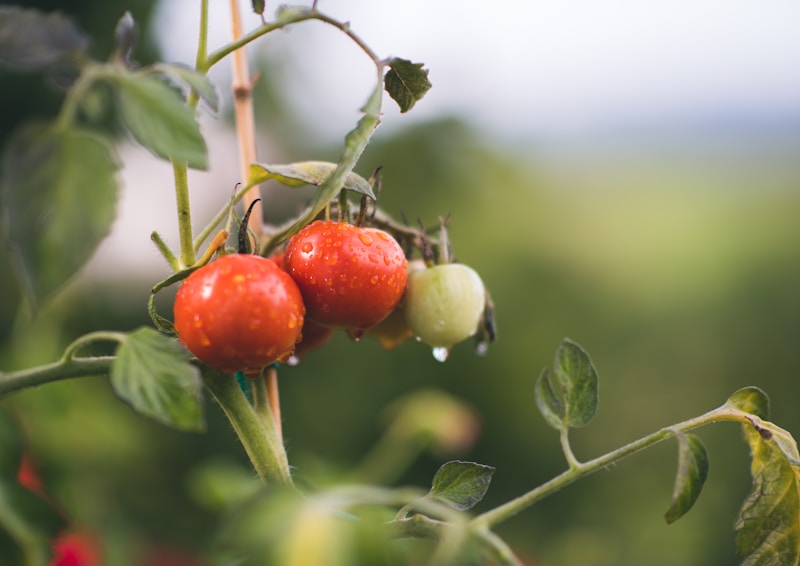Podcast
Questions and Answers
What distinguishes aliphatic compounds from aromatic compounds?
What distinguishes aliphatic compounds from aromatic compounds?
Which of the following functional groups is NOT commonly found in organic molecules?
Which of the following functional groups is NOT commonly found in organic molecules?
Why is understanding functional groups crucial in organic chemistry?
Why is understanding functional groups crucial in organic chemistry?
In substitution reactions in organic chemistry, what occurs?
In substitution reactions in organic chemistry, what occurs?
Signup and view all the answers
What is the main difference between addition reactions and elimination reactions in organic chemistry?
What is the main difference between addition reactions and elimination reactions in organic chemistry?
Signup and view all the answers
How do mechanisms contribute to predicting and understanding chemical reactions in organic chemistry?
How do mechanisms contribute to predicting and understanding chemical reactions in organic chemistry?
Signup and view all the answers
What is the significance of stereochemistry in organic chemistry?
What is the significance of stereochemistry in organic chemistry?
Signup and view all the answers
How does organic chemistry contribute to the development of new drugs and pharmaceuticals?
How does organic chemistry contribute to the development of new drugs and pharmaceuticals?
Signup and view all the answers
In what way does biochemistry relate to organic chemistry?
In what way does biochemistry relate to organic chemistry?
Signup and view all the answers
How does organic chemistry impact environmental concerns related to pollutants?
How does organic chemistry impact environmental concerns related to pollutants?
Signup and view all the answers
Study Notes
Organic Chemistry: An In-Depth Exploration
Date: Friday, February 9, 2024
Organic chemistry is a fascinating and complex branch of chemistry that primarily focuses on the study of carbon-based compounds. This discipline delves into the properties, reactions, synthesis, and analysis of organic molecules, including their roles in living organisms and chemical industry. Here's a comprehensive look at some key subtopics that make up organic chemistry.
1. Aliphatic and Aromatic Compounds
Aliphatic compounds contain carbon atoms connected in a straight chain or branched manner, while aromatic compounds have a cyclic structure with alternating single and double bonds. Benzene is the most famous aromatic compound, and it forms the basis for other aromatic compounds like naphthalene, anthracene, and pyridine.
2. Functional Groups
Functional groups are specific parts of a molecule responsible for its chemical reactivity and properties. In organic chemistry, functional groups include hydroxyl (-OH), carbonyl (C=O), alkyl (-R), and amine (-NH2) groups. Understanding these functional groups and their role in chemical reactions is crucial for predicting reactions and designing new compounds.
3. Reactions
Organic chemistry involves a wide range of reactions that change the structure and properties of organic molecules. Some common reactions include:
- Substitution reactions: These replace one functional group with another without a change in the compound's overall structure.
- Addition reactions: These involve the addition of a reagent to a double bond or other unsaturated bond in an organic molecule.
- Elimination reactions: These are reverse reactions to substitution, where two functional groups are removed from a molecule, often to form a double bond.
4. Mechanisms
Mechanisms explain the step-by-step process that occurs during a chemical reaction. Organic chemists use mechanisms to predict and understand the outcomes of reactions, and they are categorized into two main types: concerted mechanisms and stepwise mechanisms.
5. Stereochemistry
Stereochemistry deals with the spatial arrangement of atoms in molecules and the consequences of these arrangements on the properties and reactivity of organic compounds. Stereoisomers are molecules with the same molecular formula but different spatial arrangements.
6. Natural Products and Drugs
Organic chemistry plays an essential role in the discovery and development of new drugs and pharmaceuticals. Many drugs, such as antibiotics, antivirals, and anticancer agents, are derived from natural sources such as plants, fungi, and bacteria.
7. Synthesis and Biochemistry
Organic chemists devise new methods for synthesizing complex molecules, which can be used in applications such as medicine, materials science, and cosmetics. Biochemistry, a subfield of organic chemistry, studies the chemical reactions that occur within living organisms, including enzyme-catalyzed reactions.
8. Environmental and Health Concerns
Organic chemistry is essential for understanding and mitigating the impact of environmental pollutants, such as PCBs, dioxins, and polycyclic aromatic hydrocarbons (PAHs). Organic compounds also play a role in human health issues like food allergies, obesity, and various diseases.
9. Biotechnology
Organic chemistry is instrumental in the development of biotechnology, including genetic engineering, metabolic engineering, and the production of biofuels and bioplastics.
In conclusion, organic chemistry is a vibrant and multifaceted discipline that has a profound impact on our daily lives. From medicines to materials science, organic chemists continue to push the boundaries of what's possible, making our world a safer and healthier place.
Studying That Suits You
Use AI to generate personalized quizzes and flashcards to suit your learning preferences.
Description
Test your knowledge of aliphatic and aromatic compounds, functional groups, organic reactions, mechanisms, stereochemistry, natural products, synthesis, biochemistry, environmental concerns, and biotechnology in the context of organic chemistry. Explore the fascinating world of carbon-based compounds and their applications in various fields.




